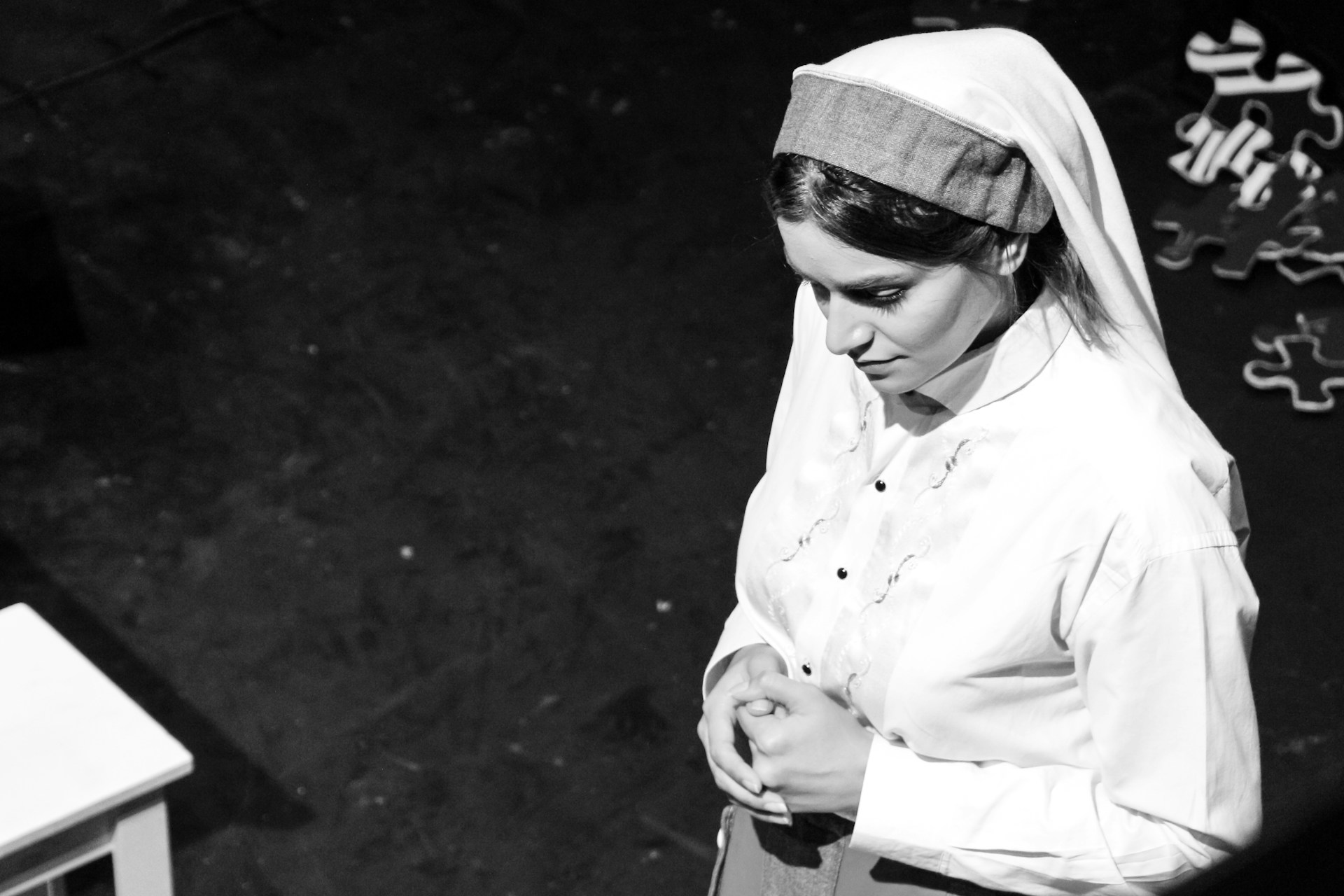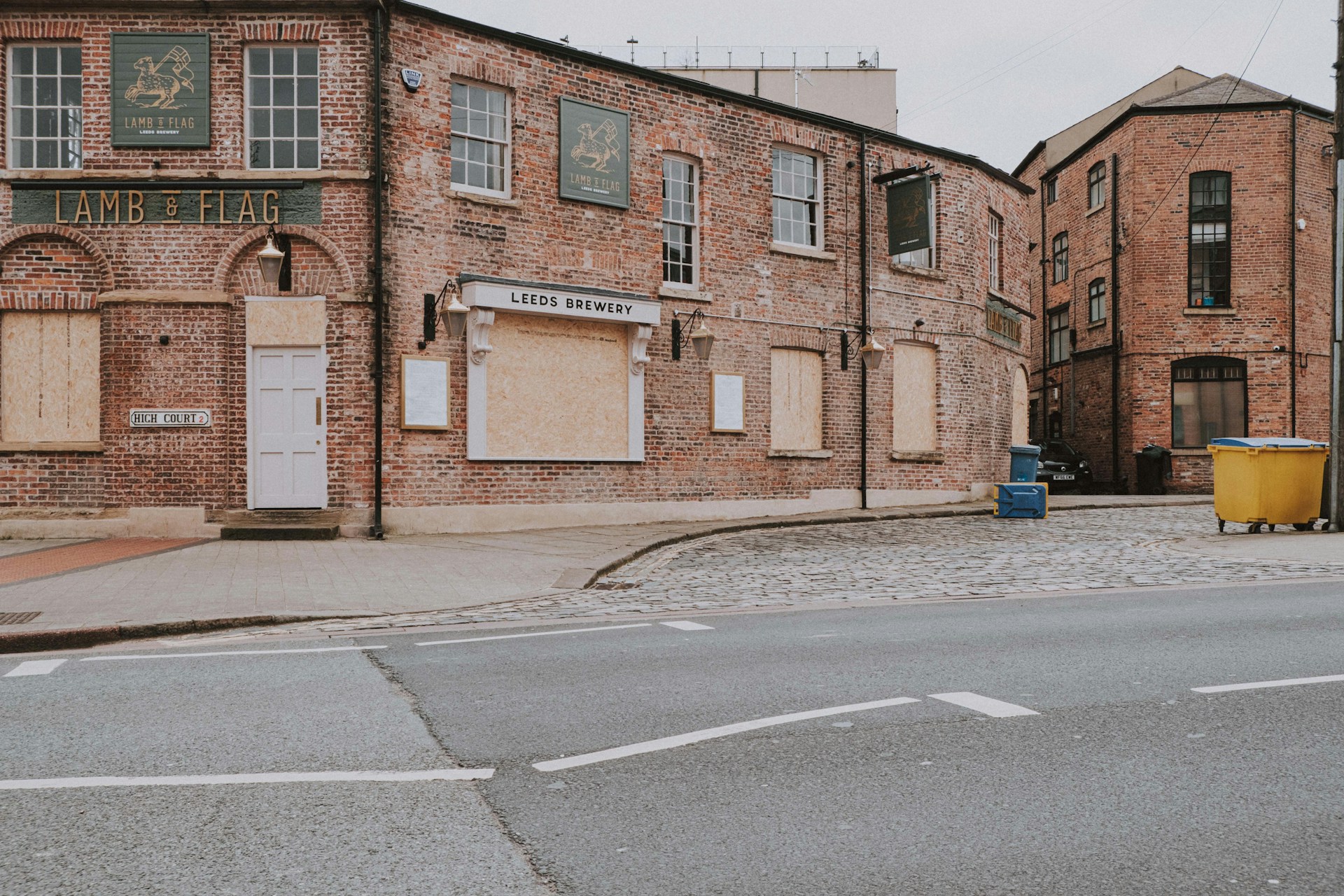Being one of the only decades with a widely accepted nickname (no, the noughties doesn’t count), it was inevitable that “the Twenties” would invite comparison to its 20th century counterpart. Here we are 100 years later…is anything still Roaring?
As historian Sarah Churchwell discusses in a recent podcast, it wasn’t until 1924 that the name the “Roaring Twenties” was used in popular culture. Up until then, many popular news sources painted a picture of anxiety and conservatism in the aftermath of World War 1 and the Spanish Flu Pandemic. That decade saw the rise of authoritarian regimes, the proliferation of global media and many examples of technological innovation being used for private gain. Anything sound familiar?

Sweeping generalisations aside, an interesting point of comparison exists between the young people of the 1920s and their counterparts of today; the Lost Generation vs Generation Z.
The Lost Generation, most famously characterised by figures such as Gertrude Stein and F Scott Fitzgerald, referred to the young adults that survived World War I but then struggled to find direction. They rejected the conservative values of their parents, and threw some wild parties while they were at it.

Like their predecessors, Generation Z (or Gen Zees as more often referred to) are turning their backs on what was once seen as the normative social behaviour of the generation before.
Take the working world. In a recent internal study conducted by Deloitte it was revealed that almost 40% of Gen Z’s and Millennials rejected an assignment because of ethical concerns, and more than a third of respondents had previously turned down a job on the basis that the company wasn’t doing enough for the environment.

The macroeconomic view paints a similar picture. In a survey on 18-25 year olds conducted by the Institute for Economic Affairs (IEA), it was found that 80% of respondents blame capitalism for the housing crisis, 75% believe climate change is a capitalist problem and 72% believe there should be greater nationalisation in our economy. Not to mention the growing popularity of “No Tories” as a Hinge (dating app) prompt!
It’s not just economics and dating apps. There is a growing conversation about the night-time economy and what entertainment should look like for young socialisers. This week it was announced that Rekom, the parent company of popular club brands Pryzm and Atik, would be closing 17 venues nationally. Are we really seeing the death of the big night out? Certainly, students are cutting back on clubbing or substituting midweek nights out with the more affordable alternative of house parties. But there is also a growing sobriety movement among Gen Zs, with a 2023 YouGov survey suggesting 39% of 18-24 years do not drink alcohol at all due to its associations with poor mental and physical health.

With an estimated 5.2 million UK adults drinking less weekly in 2024 compared to 2021, might it be time to consider a night-time economy further away from alcohol?
We’re already starting to see a change in demand. If the 1920s popularised scenes of debauchery, then the post-pandemic “20s” have given rise to the informal, escapist and often sober, with everything from bouldering, wild swimming all the way to supper clubs being firmly in fashion.

It seems young people want their experience and evenings to be enjoyed away from the centres of consumerism and excess so long defined by our high streets at night (think 4 shots for a fiver, followed by a greasy chicken donner).
It’s not that these places shouldn’t exist, it’s that for our night-time economies to be sustainable and successful they should exist in conjunction with other places that cater to the growing variety of tastes at night. And be inclusive to drinkers and non-drinkers, kebab-eaters and vegetarians, smokers and dancers, thrill-seekers and homebodies.

The Roaring Twenties popularised the catharsis and redemptive qualities of the night-time, and our current decade doesn’t have to be any different. The 2020’s have exchanged raccoon coats and bootleggers for Small Plates and Long Runs. And maybe a generation is healthier, more inquiring and better adjusted because of it.
Perhaps “boring” in the title of this article is harsh. The Exploring Twenties it is.